Egypt's former President Mohammed Hosni Mubark passes away
Wed 26 Feb 2020, 10:28:19
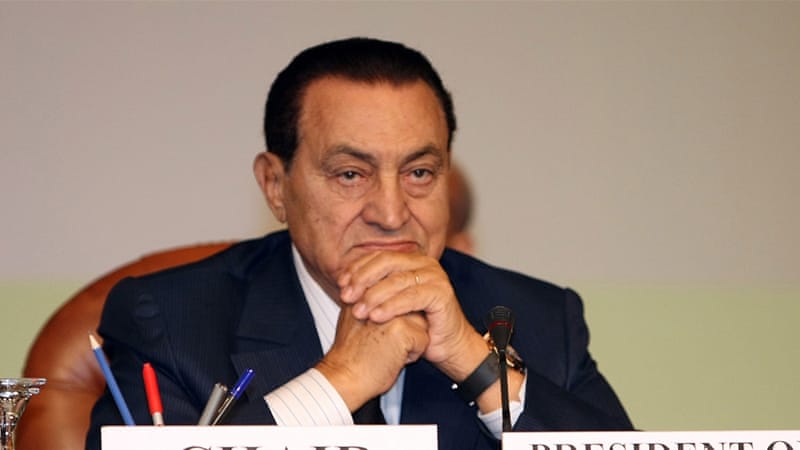
Egypt's former President Mohammed Hosni Mubarak, who ruled the country for 30 years, died yesterday. He was 91. A former air force chief, Mubarak became Vice President of Egypt on 14 October 1981, and just eight days later, was sworn in as the President after Islamist militants assassinated his predecessor Anwar Sadat during a military parade.
Within Egypt Mubarak presided over slow but steady economic growth and largely kept the country out of armed conflicts after decades of war with Israel.
As the region was convulsed by one crisis after another, Mubarak was seen as a steady hand and a reliable U.S. partner against Islamic extremism. He sent troops as part of the U.S.-led coalition in the 1990-1991 Gulf war and contributed to efforts to resolve the Israeli-Palestinian
conflict.
conflict.
After almost three decades in power, Mubarak, was forced to resign on February 11, 2011, following 18 days of protests around the country.
Mubarak's ouster came in the heady Arab Spring days, soon after Tunisians overthrew their leader Zine El Abidine Ben Ali in 2011.
Mubarak was later arrested and put on trial over the deaths of protesters during the 18-day revolt as well as for corruption. He was condemned to life in jail in 2012, but by 2017, he was cleared of all charges and released.
Egyptian President Abdel Fattah El-Sissi, Israeli Prime Minister Benjamin Netanyahu and Palestinian President Mahmoud Abbas have expressed condolences on the death of the Egyptian leader.
No Comments For This Post, Be first to write a Comment.
Most viewed from International
Most viewed from World
AIMIM News
Delhi Assembly polls: Owaisi leads Padyatra in Okhla
Feb 01, 2025
We reject this Waqf Amendment Bill: Asaduddin Owaisi
Jan 30, 2025
Latest Urdu News
Most Viewed
May 26, 2020
Which team will win the ICC Men's Champions Trophy 2025 held in Pakistan/Dubai?
Latest Videos View All
Like Us
Home
About Us
Advertise With Us
All Polls
Epaper Archives
Privacy Policy
Contact Us
Download Etemaad App
© 2025 Etemaad Daily News, All Rights Reserved.

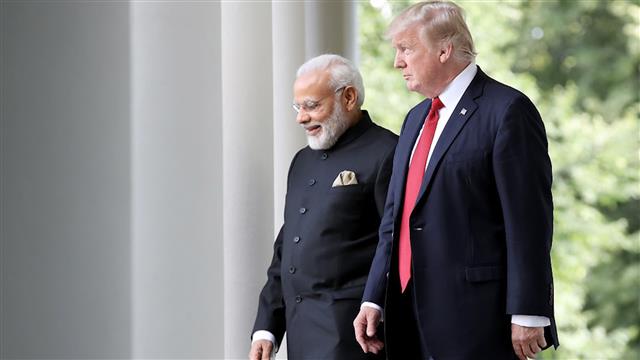
.jpg)
.jpg)
.jpg)
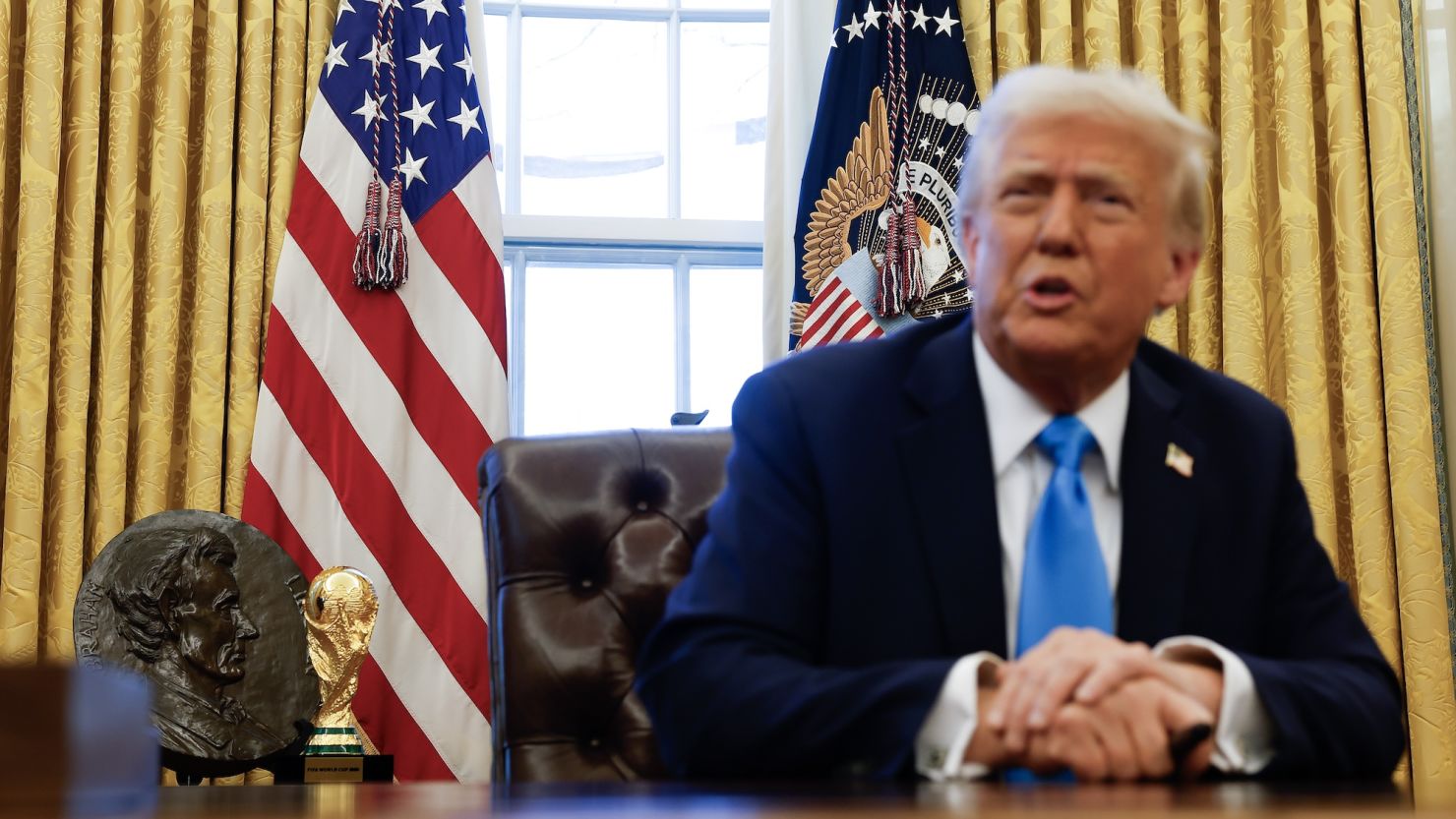



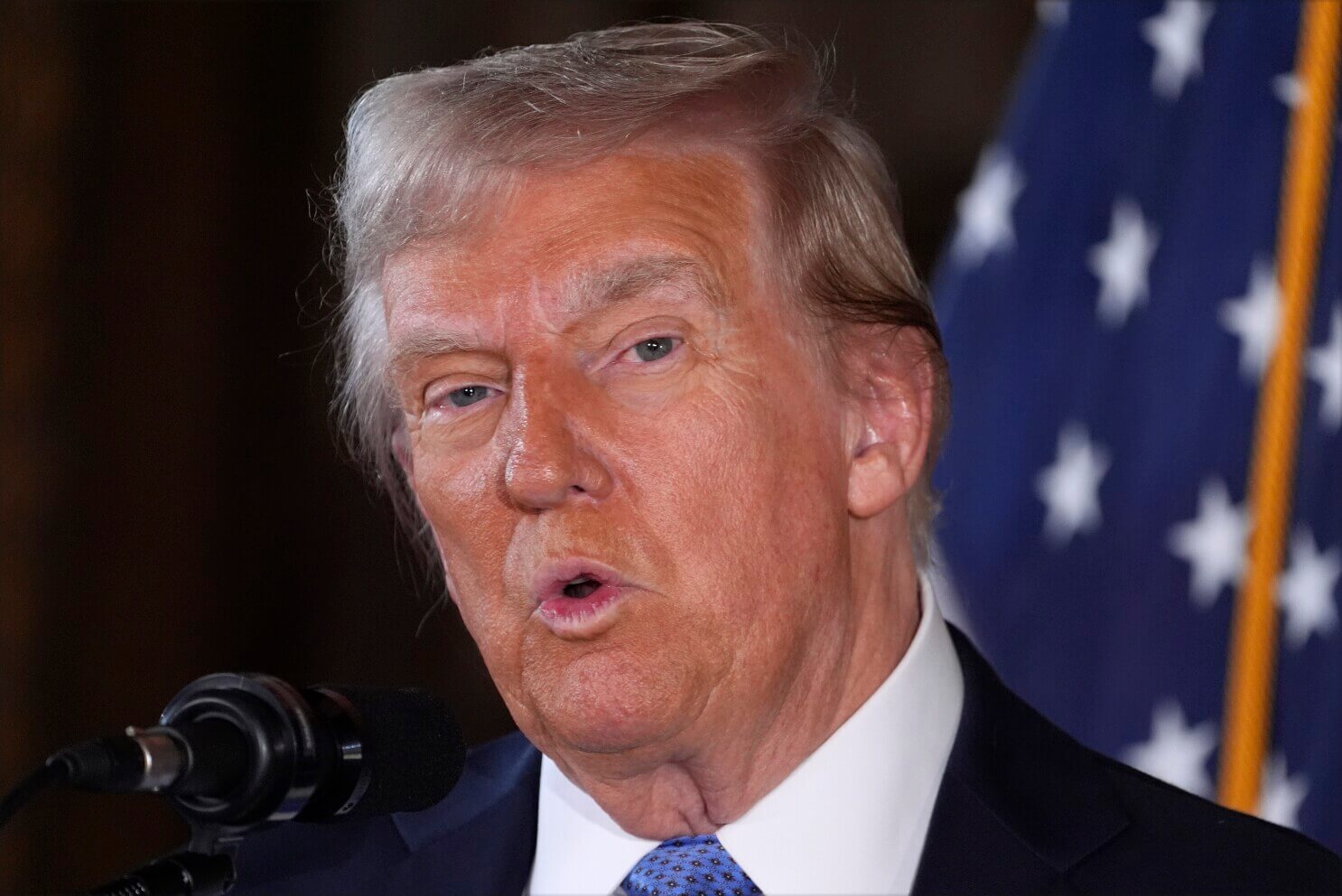
.jpg)
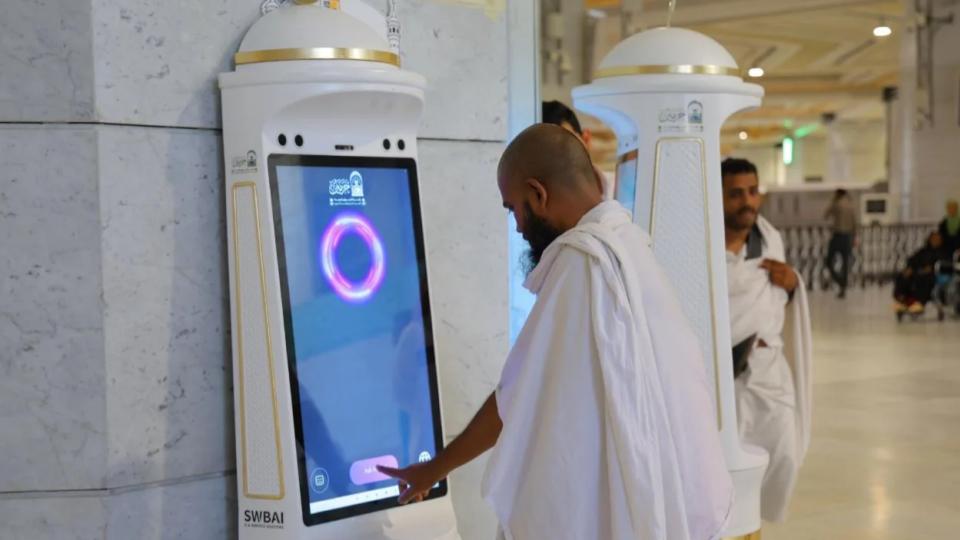
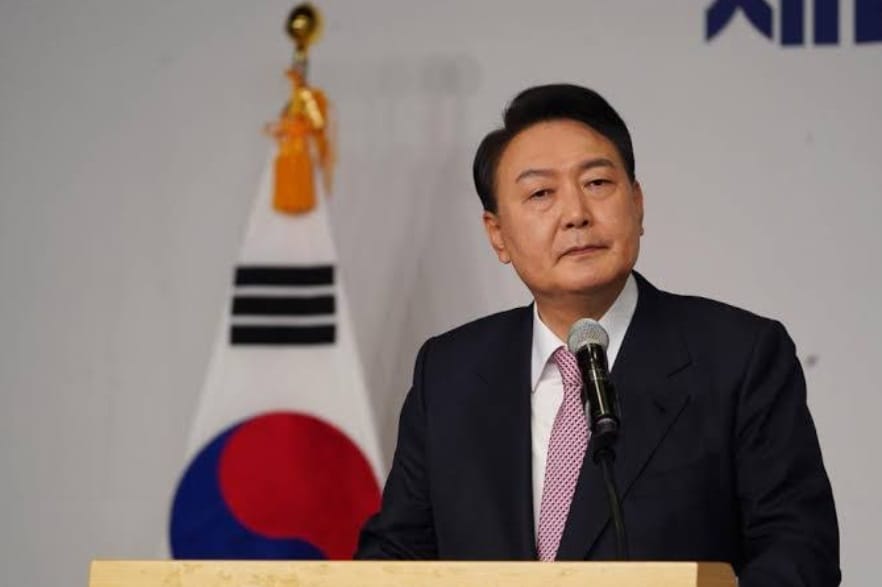
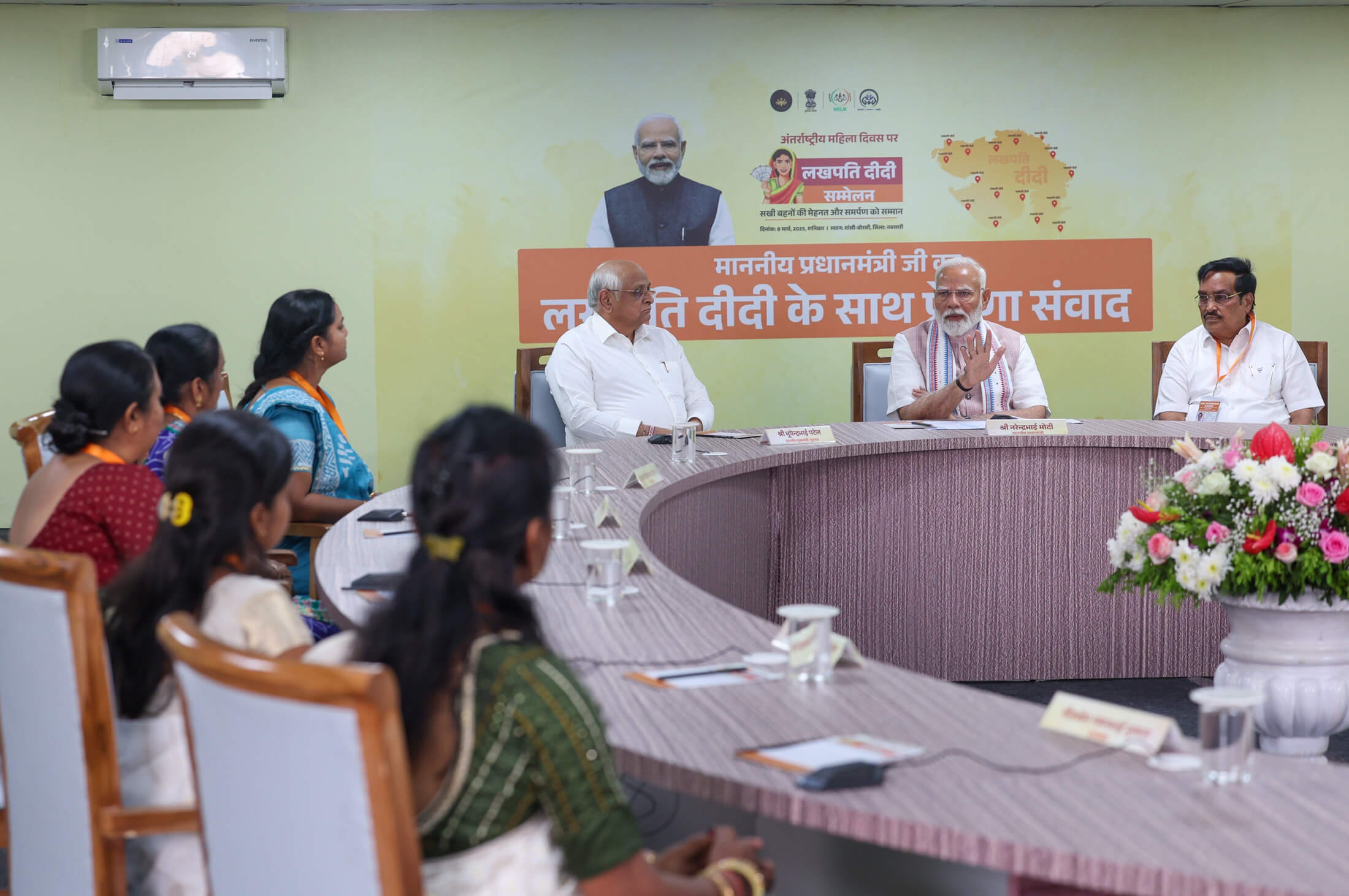
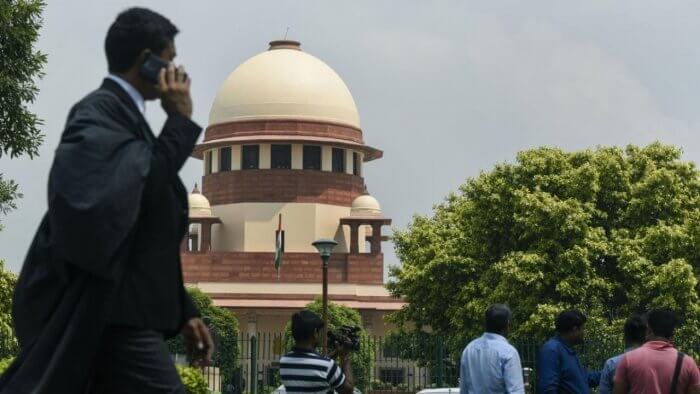
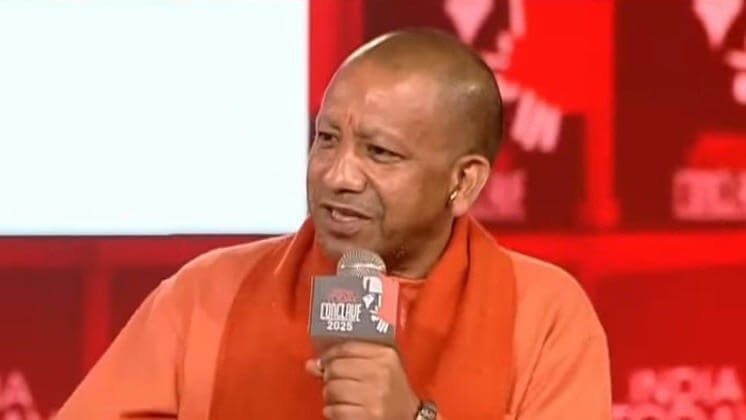
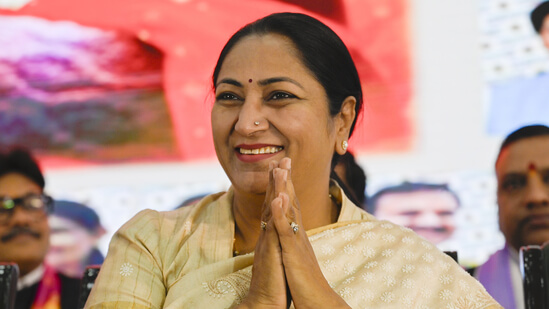

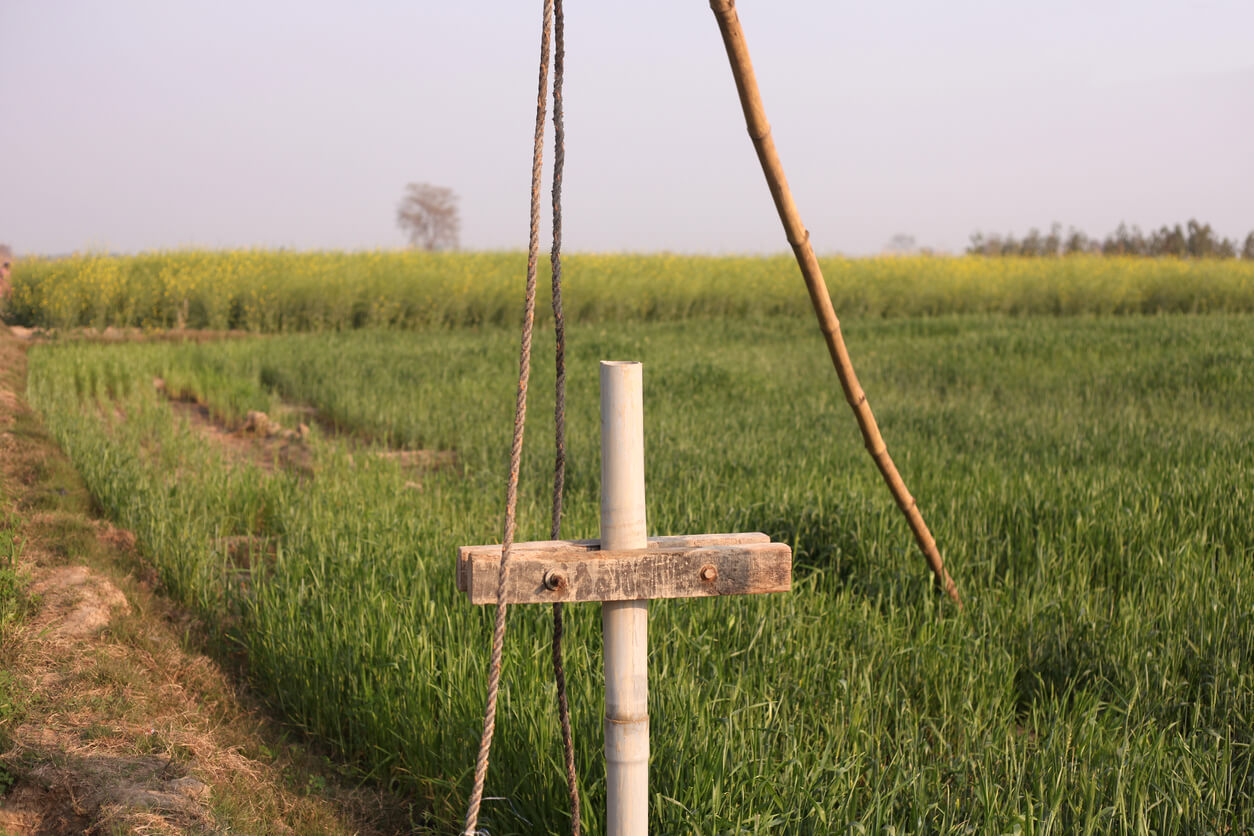


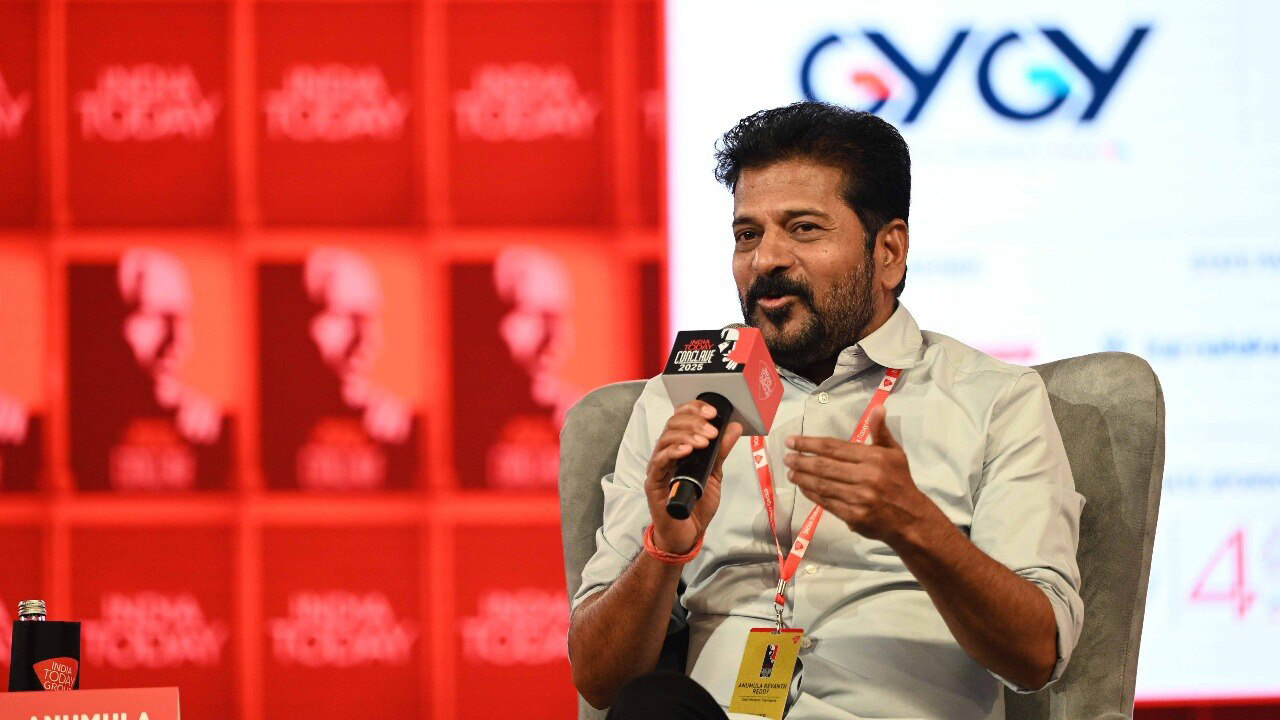

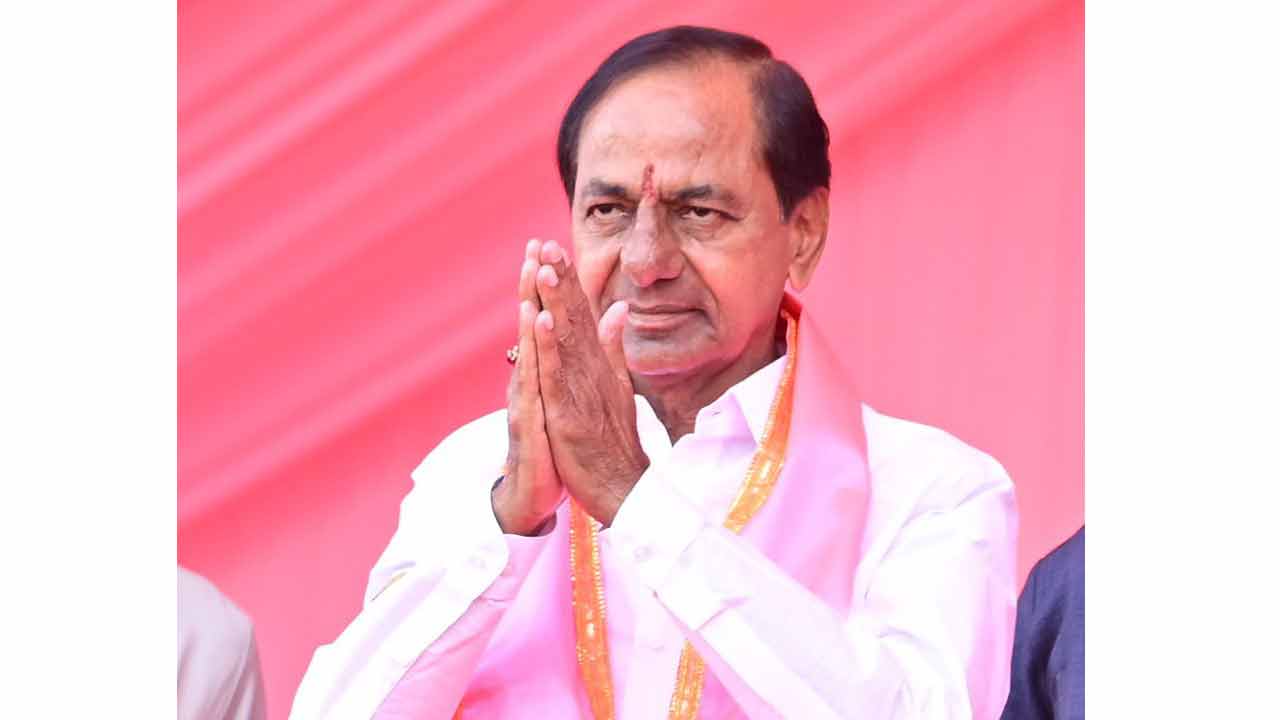
.jpg)

















